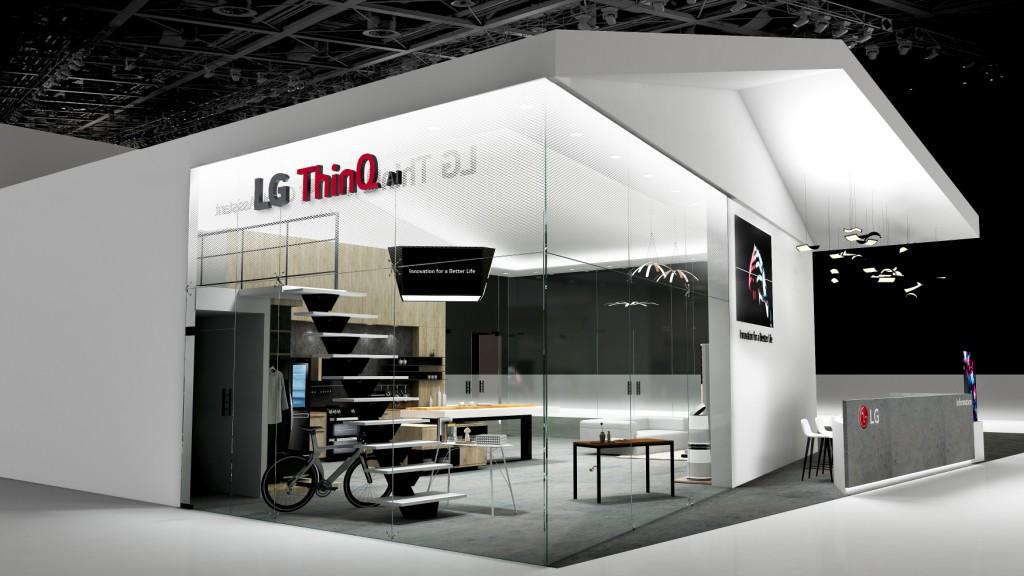
Every home has unspoken rules about which domains are for the husband and which ones are for the wife, but the latest advancements in home appliance technology are fast blurring these distinction.
LG Electronics earlier this year unveiled its array of smart home electronics and appliances equipped with LG’s own suite of intuitive Artificial Intelligence (AI) technologies known as ThinQ.
Previously, smart gadgets were relegated to the living room, alongside the TV, the laptops and the mobile phones — items whose purchasing decisions were considered the domain of the husband.
However, the past two years have seen kitchens – a previously female domain – also getting smarter, with the inclusion of AI technology on appliances such as refrigerators.
LG InstaView ThinQ refrigerator, for instance, is the culmination of cutting-edge refrigeration technology and maximum convenience and efficiency.
Featuring a 29-inch touch LCD display that transforms from a computer display to a transparent window with just two knocks, the intelligent refrigerator recommends delicious recipes based on what is on hand to provide a revolutionary answer to the timeless question of what to eat for dinner.
Moses Marji, LG’s East and Central Africa General Manager Marketing says that beyond being an equal opportunity employer, LG Electronics is forward thinking in its product design.
“Men have traditionally shied away from the kitchen, arguing that this was a woman’s area. However, technology is breaking these gender stereotypes. LG has proven that women are also equally capable of integrating smart technology in the kitchen,” he says.
Through partnerships with companies such as Innit and SideChef, LG’s Wi-Fi-enabled AI appliances can provide a wider variety of services to users.
Connected to the appropriate app, the LG EasyClean oven can access recipe information wirelessly and automatically begin preheating at a specific temperature at a set time.
The result has been a rethinking of the gender myths and stereotypes that have pervaded the home for centuries. It is now no longer easy to assume that men are more technologically savvy than women.
While more women are now being accepted in the tech industry, with some even leading globally renowned technology company, the gender stereotypes regarding technology use at the home have been harder to shake.
But with the new developments in home electronics and appliance technologies, it is evident that this is also set to change.

